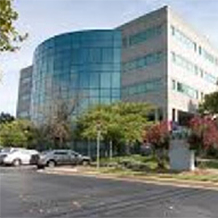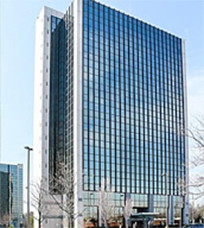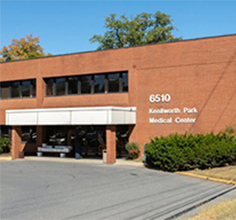
Colorectal cancer, once predominantly associated with older individuals, is increasingly affecting younger people and raising concerns about the underlying causes as well as the need for heightened awareness and preventive measures.
While the exact reasons for this rise are not fully understood, several factors have been implicated. These range from lifestyle choices to genetic predispositions. In this article brought to you by Southern Maryland Medical Group, we explore various aspects contributing to the increased rates of colorectal cancer, explore common symptoms, and discuss available treatment options.
If you’d like to consult with a licensed primary care physician, then call Southern Maryland Medical Group to speak with a member of our team. We’re happy to schedule an appointment or arrange a walk-in with one of our primary care doctors for as soon as possible.
Nobody knows for sure why colorectal cancer numbers are rising, but there are a number of factors which contribute:
Early detection of colorectal cancer is crucial for successful treatment outcomes. Common symptoms that individuals should be aware of include:
It is essential to note that these symptoms can also indicate other gastrointestinal conditions, but they warrant prompt medical evaluation, especially if they persist or worsen over time.
The rising rates of colorectal cancer among young people underscore the importance of lifestyle modifications, regular screenings, and early detection efforts. It is always advisable to see a physician once or twice a year to consult on symptoms or concerns, and to perform routine check-ups and screenings.
Residents in the area are invited to contact Southern Maryland Medical Group to schedule a convenient appointment or arrange a walk-in for as soon as possible. Our team is on standby to take your call or message today.
Southern Maryland Medical Group has 3 convenient locations to provide professional medical care services in the Southern Maryland area. Call or schedule an appointment with one of our locations to get medical care help.

5801 Allentown Road, Suite 400 Camp Spring, MD 20746
Phone: 301-868- 0150
Billing Inquiries: 301-552-1270
Fax: 301-868-0243

7500 Greenway Center, Dr #1200 Greenbelt, MD 20770
Phone: 301-486-7580
Billing Inquiries: 301-552-1270
Fax: 301-486-7581

6510 Kenilworth Ave, Ste 1400, Riverdale MD 20737
Phone: 301-618-0771
Billing Inquiries: 301-552-1270
Fax: 301-618-0772